How to Stop Comparing My Weight Loss Journey to Others
As someone who's guided countless individuals through the ups and downs of weight loss, I know how challenging it can be to stay focused on your own path. In this Q&A guide
Mental health support, motivation strategies, and answers to common weight loss questions. Overcoming psychological barriers and building sustainable habits.
95 articles
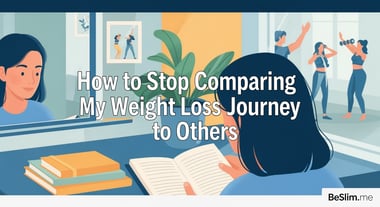
As someone who's guided countless individuals through the ups and downs of weight loss, I know how challenging it can be to stay focused on your own path. In this Q&A guide

If you've ever felt stuck in your weight loss journey, staring at the scale that refuses to budge, you're not alone. This frustration is completely normal—it's a shared experience for so many committed to healthier lives

Hitting a weight loss plateau can feel incredibly frustrating—like you're putting in the effort but the scale just won't budge. You're not alone in this; it's a completely normal part of the journey for so many people
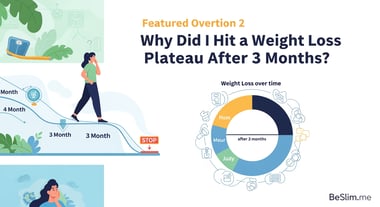
If you're reading this, you've likely been diligently working on your weight loss journey for about three months, only to feel like progress has suddenly stalled. That frustrating moment when the scale refuses to budge
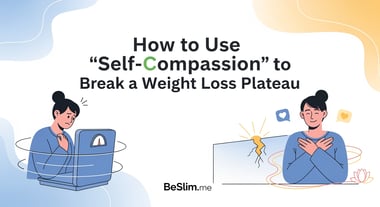
Hitting a weight loss plateau can feel incredibly frustrating—like all your hard work is suddenly grinding to a halt. You're not alone in this struggle; countless people experience the same emotional rollercoaster

If you're feeling anxious about the infamous "Freshman 15"—that dreaded weight gain often associated with starting college or any major life transition. This fear can feel overwhelming, driving restrictive diets or obsessive thoughts about food and body image
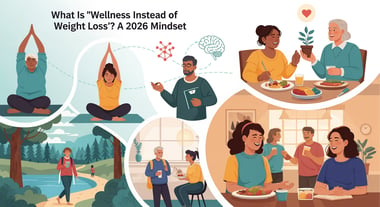
This is especially relevant as we move into 2026, where sustainable health behaviors are taking center stage over quick fixes. If you've ever felt trapped in the cycle of dieting only to regain the weight, this piece is for you
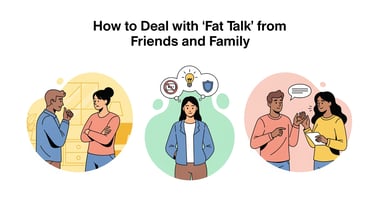
If you've ever felt undermined or triggered by comments from loved ones about your body, weight, or eating habits—often called "fat talk". This is a completely normal struggle that many face on their wellness journey.
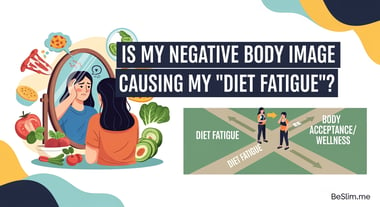
If you're reading this, you might be feeling exhausted from the endless cycle of dieting, only to be weighed down by harsh self-judgment about your body. It's completely normal to feel drained when negative body image creeps in and sabotages your efforts.

If you've been on a weight loss journey and still catch yourself feeling "fat" despite the scale showing progress, know this: you're not alone. This is a completely normal struggle that many people face, and it's not a sign of failure
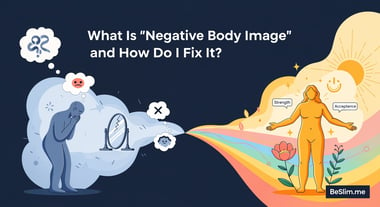
If you're reading this, you might be staring in the mirror with frustration, feeling disconnected from your own reflection, or battling thoughts that your body isn't "good enough." You're not alone in this

If you've ever stepped on the scale and felt your entire sense of value plummet with a number that didn't budge—or worse, went up—you're not alone. This struggle is incredibly common
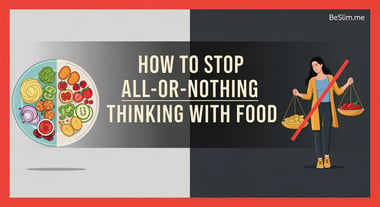
If you've ever found yourself thinking, "I've blown my diet today, so I might as well eat everything in sight," or "If I can't eat perfectly healthy, what's the point?" This all-or-nothing mindset is a common struggle for many on their wellness journey
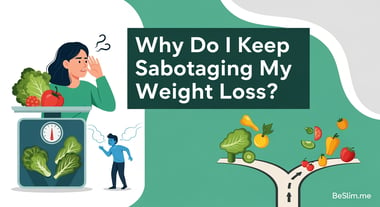
You're not alone in this struggle—it's a completely normal part of the weight loss journey for many people. That nagging voice that leads you to skip workouts or reach for comfort food isn't a sign of weakness
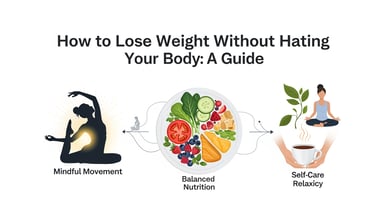
If you're reading this, you might be caught in that exhausting cycle of wanting to lose weight but feeling a deep resentment or frustration toward your own body in the process. **You're not alone**—this struggle is incredibly common
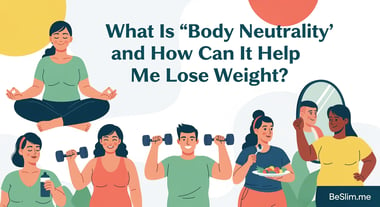
If you've ever felt trapped in a cycle of self-criticism while trying to lose weight, wondering why the scale isn't budging despite your efforts, you're not alone. This struggle is completely normal—many people face intense emotional hurdles when pursuing weight loss, often tied to how we view our bodies
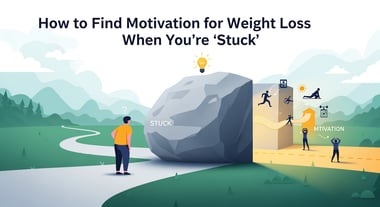
f you're feeling stuck in your weight loss journey, like the initial excitement has faded and motivation is nowhere to be found, I want you to know: you're not alone. This is completely normal. Many people hit this wall, where the scale stops moving, habits feel like a chore, and self-doubt creeps in. It's frustrating, but it's not a sign of failure
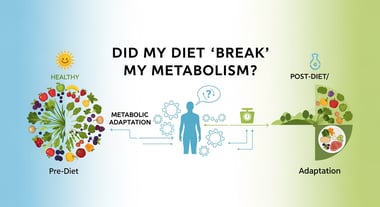
If you've ever felt like your weight loss efforts have hit a wall, leaving you wondering if you've somehow "broken" your metabolism through dieting, this Q&A explainer is for you. We'll dive into the science, psychology, and practical steps to overcome this common hurdle. Let's address your questions with empathy, evidence, and actionable advice.
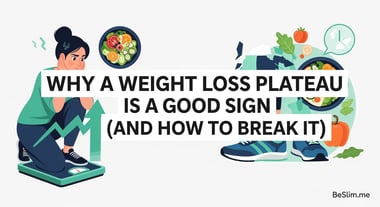
If you've hit a weight loss plateau, I want you to know you're not alone in feeling frustrated or discouraged. It's completely normal to feel like all your hard work has stalled, and that nagging doubt can creep in, making you question if you'll ever reach your goals
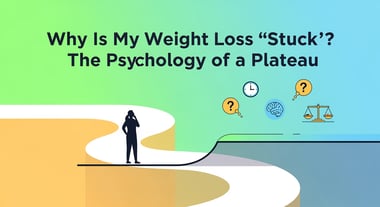
If you're reading this, chances are you've hit that frustrating wall where the scale refuses to budge, despite your best efforts. You're not alone in this—millions experience weight loss plateaus
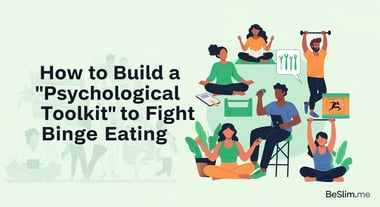
If you're reading this, you might be feeling overwhelmed by the cycle of binge eating—those moments when food feels like the only escape, only to leave you with regret and frustration afterward

If you've ever felt like you can't stop eating certain foods, even when you're not hungry, or if cravings seem to control your life, you're not alone. This struggle is incredibly common, and it's completely normal to feel frustrated or powerless
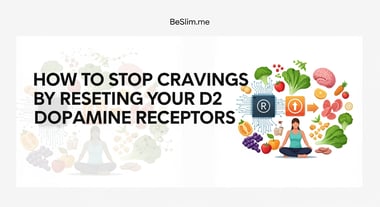
If you're reading this, you're likely battling those intense, nagging cravings that make sticking to a healthy lifestyle feel impossible. You're not alone in this struggle—millions of people experience the same pull toward sugary snacks or comfort foods
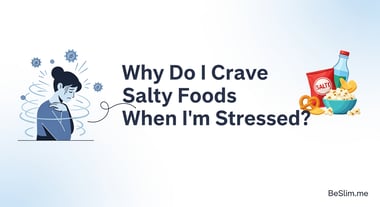
If you're reaching for that bag of chips or pretzels every time stress hits, you're not alone. This is a completely normal response that many people experience—it's your body's way of seeking comfort in the midst of chaos
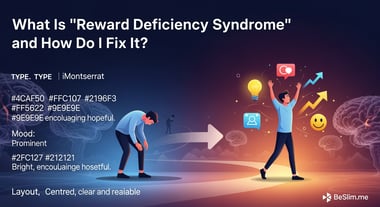
If you're here, you might be feeling frustrated with your weight loss journey—perhaps you're turning to food for comfort more often than you'd like, or those healthy habits just don't seem to "stick" no matter how hard you try

I'm here to guide you through the often frustrating challenge of emotional eating. If you've ever found yourself reaching for a snack not out of hunger, but to soothe stress, boredom, or sadness, you're not alone.
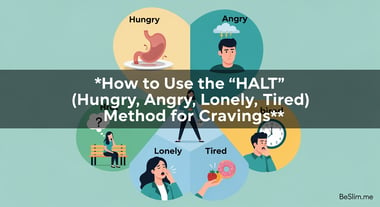
If you're reading this, chances are you've felt that overwhelming pull of cravings derailing your best intentions for healthier eating. You're not alone in this—it's a completely normal part of the human experience
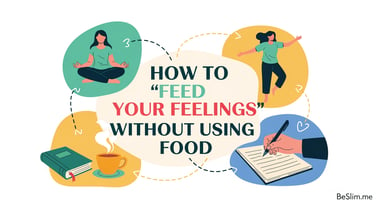
Emotional eating—reaching for that pint of ice cream or bag of chips when stress, boredom, or sadness hits—is a common challenge many face on their wellness journey. You're not alone in this struggle
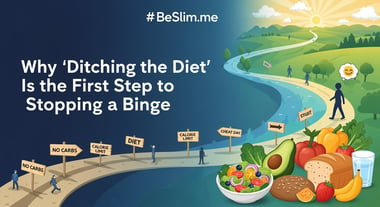
We'll address key questions with empathy, science-backed insights, and practical steps to help you break free. Remember, this isn't about perfection; it's about sustainable progress rooted in understanding your mind and body.
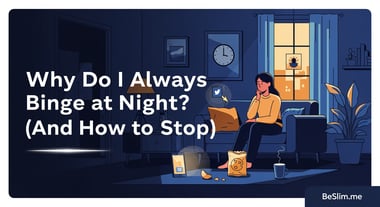
This is completely normal—it's often rooted in deep-seated psychological and physiological patterns, not a lack of willpower. In this Q&A explainer, we'll explore why it happens and, more importantly, how to break free with practical, sustainable strategies
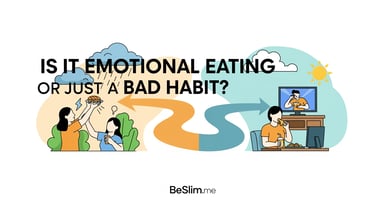
If you're reading this, you might be staring at an empty snack wrapper, wondering why you reached for it yet again. You're not alone in this struggle—millions grapple with the blurry line between emotional eating and ingrained habits
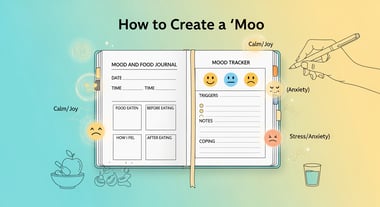
Emotional eating can feel like an overwhelming cycle, where stress or sadness leads straight to the snack drawer. If you're reading this, you might be caught in that loop, and I want you to know: you're not alone
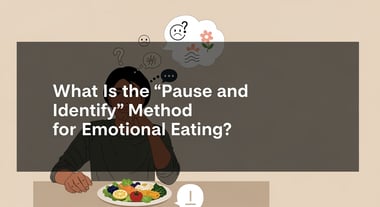
If you've ever found yourself reaching for a snack not out of hunger but because of stress, boredom, or sadness, you're not alone. Emotional eating is a common struggle that affects millions, and it's completely normal to feel overwhelmed by it
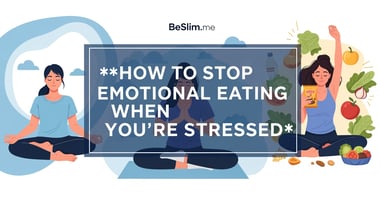
I understand how overwhelming it can feel when stress pushes you toward the fridge or snack drawer. You're not alone in this—millions of people experience emotional eating as a way to cope with life's pressures
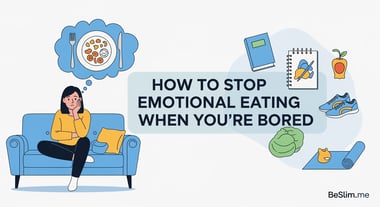
If you're reaching for snacks not out of hunger but because the day feels monotonous and unfulfilling, know this: You're not alone in this struggle. Boredom-induced emotional eating is a completely normal response for so many people
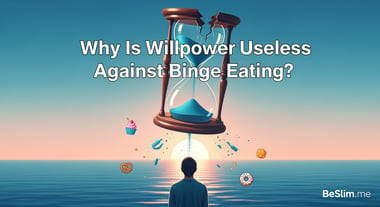
Hello, I'm Master Kim, your Behavioral Psychologist and Solution Consultant at BeSlim.me. If you're reading this, chances are you've experienced the frustrating cycle of trying to "will" yourself away...
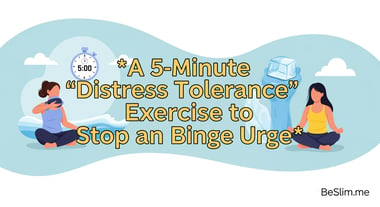
If you're here, you might be grappling with those intense moments when a binge urge feels overwhelming—like an emotional tidal wave crashing over your best intentions. You're not alone in this struggle

If you've ever found yourself reaching for that extra slice of cake or bag of chips during a tough day, know that you're not alone in this struggle. Binge eating triggered by emotional distress is a common challenge many face on their wellness journey
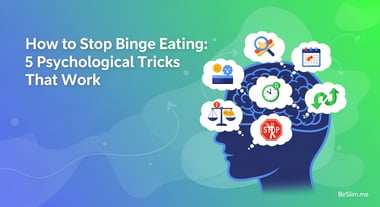
If you're reading this, you might be feeling overwhelmed by the cycle of binge eating—those moments when food feels like the only escape, only to leave you with guilt and frustration afterward.
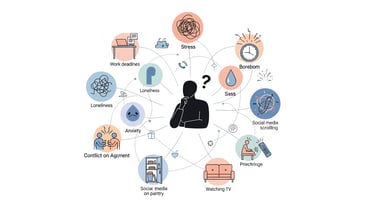
If you're reading this, you might be feeling frustrated or even a bit defeated by those moments when emotions seem to hijack your eating habits. You're not alone in this struggle
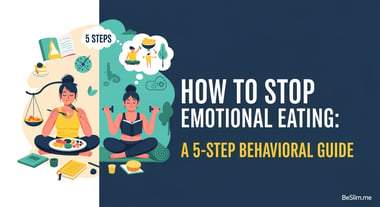
If you're reading this, you might be caught in the frustrating cycle of turning to food for comfort during stressful or emotional times. You're not alone in this struggle—millions of people experience emotional eating
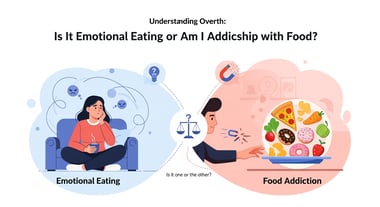
If you're reading this, you might be grappling with moments where food feels like more than just sustenance—it could be a comfort, a crutch, or even an uncontrollable pull. You're not alone in this struggle

This is completely normal, and acknowledging it is the first step toward reclaiming control. In this Q&A guide, we'll explore the psychological hurdles of dopamine-driven cravings, diagnose why they happen, and provide practical strategies to help you detox sustainably
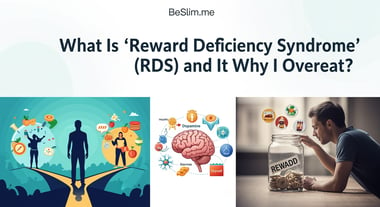
This struggle with overeating can feel overwhelming and frustrating, like your brain is wired against you. It's completely normal to question if there's something deeper at play, such as Reward Deficiency Syndrome (RDS)
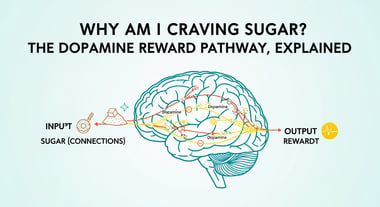
Millions of people experience the same pull toward sweets, especially during stressful times or after a long day. This is completely normal, and it's not a sign of weakness; it's your brain's wiring at work.
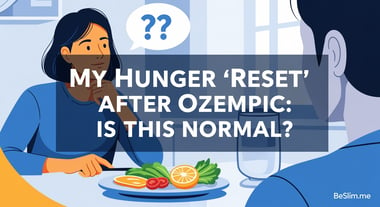
Many of our users reach out with questions about how their appetite feels "reset" after starting or adjusting to this treatment. In this Q&A explainer, we'll dive into why this happens from a psychological and behavioral lens

If you're navigating life after Ozempic, you might be feeling a mix of accomplishment and uncertainty—especially when it comes to maintaining your progress without the medication's support.
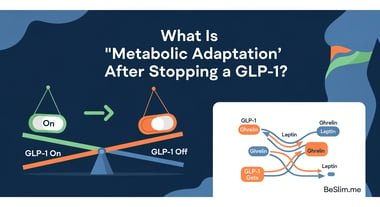
Today, we're tackling a hot topic in our Mindset Q&A series: metabolic adaptation after stopping a GLP-1 medication like semaglutide (found in Ozempic or Wegovy). If you've recently discontinued these treatments and noticed your progress stalling or even reversing
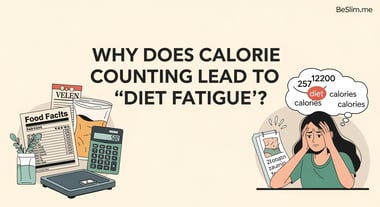
This struggle, often called 'diet fatigue,' is a completely normal response to the demands of calorie counting. Many people start with enthusiasm, only to hit a wall where motivation fades and old habits creep back in
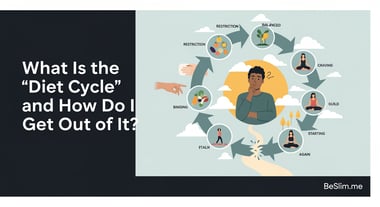
If you've ever felt trapped in a frustrating loop of starting diets with high hopes, only to slip back into old habits and feel defeated, you're not alone. This is the infamous "diet cycle," and it's a completely normal struggle that millions face.
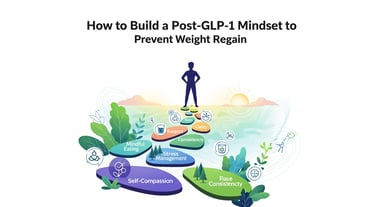
If you've recently come off GLP-1 medications like semaglutide (found in drugs such as Ozempic or Wegovy) after achieving significant weight loss, you might be feeling a mix of excitement and anxiety about maintaining your progress

I understand how exhausting it can be to push through a weight loss journey when motivation feels like it's completely drained. If you're experiencing severe 'diet fatigue'—that overwhelming sense of burnout where every meal plan or workout feels like a chore
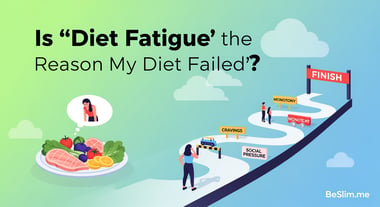
If you're reading this, chances are you've hit that frustrating wall where your diet just... fizzles out. Maybe you started strong, full of motivation, but then the enthusiasm waned, cravings kicked in, and suddenly you're back to square one

You've been pushing through meal plans, tracking calories, and making sacrifices, only to hit a wall where everything feels monotonous and overwhelming. Millions experience this burnout, tracking calories, and making sacrifices, only to hit a wall where everything feels monotonous and overwhelming.
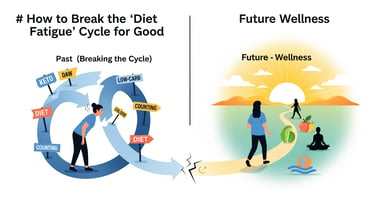
It's a completely normal part of the weight loss journey for so many people. I've worked with countless individuals who feel defeated by what we call "diet fatigue," that overwhelming sense of burnout from constant restriction and effort
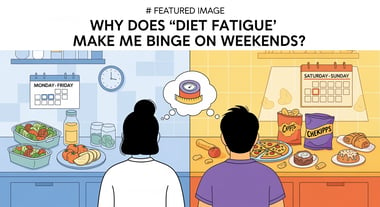
This is completely normal and happens to so many people on their weight loss journey. It's frustrating, disheartening, and can make you feel like you're failing—but it's not a sign of weakness.
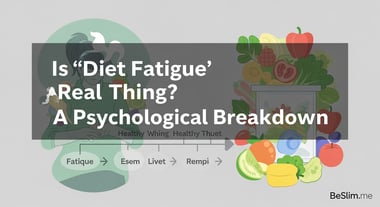
I'm here to guide you through the often-overlooked psychological challenges of weight loss and healthy living. In this Q&A explainer, we'll dive into the very real phenomenon of "diet fatigue"
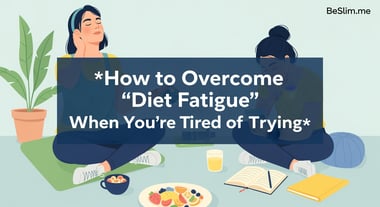
If you're feeling exhausted from endless dieting cycles—starting strong, hitting a wall, and wondering if you'll ever break free—this guide is for you. As someone who's helped countless individuals navigate these mental hurdles
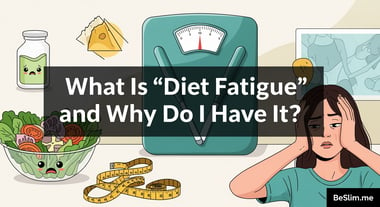
If you're feeling exhausted, demotivated, or just plain tired of sticking to your diet plan, I want you to know **you're not alone**. So many people hit this wall, and it's completely normal
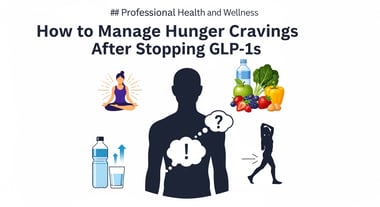
If you're reading this, you're likely navigating the challenging transition after stopping GLP-1 medications like semaglutide or tirzepatide. These drugs are powerful tools for weight management
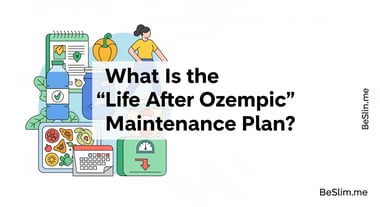
f you're feeling anxious about maintaining your weight loss without the medication, or worried about old habits creeping back in, you're not alone. This is completely normal
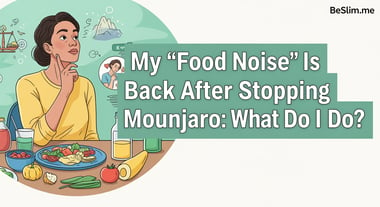
This is completely normal and doesn't mean you've failed. It's a common psychological and physiological rebound, but the good news is that with the right behavioral strategies, you can regain control and build sustainable habits
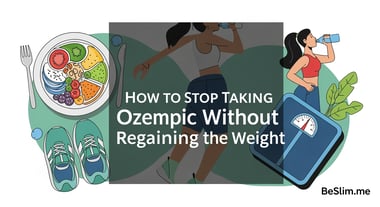
This is completely normal—it's a sign that you've invested deeply in your health journey, and now you're facing the psychological and behavioral challenges of maintaining those gains independently. In this Q&A guide
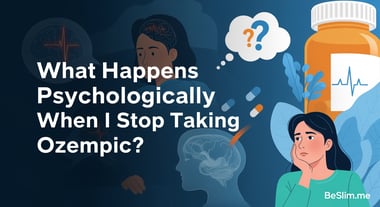
It's completely normal to feel attached to something that's helped you achieve results, and acknowledging that is the first step toward building a sustainable path forward. In this Q&A explainer, we'll dive into the psychological side of discontinuing Ozempic

If you've been using medications like Ozempic for weight management and are now worried about what happens when you stop, you're not alone. Many people experience that frustrating "rebound" effect where weight creeps back
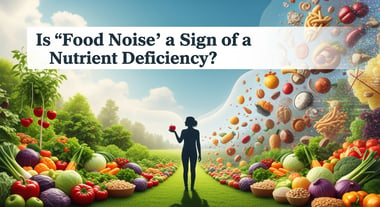
If you're constantly battling intrusive thoughts about food—what we call "food noise"—you're not alone. Many people experience this relentless mental chatter, where cravings seem to drown out everything else
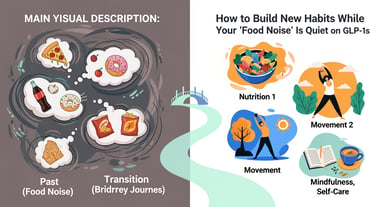
If you're on GLP-1 medications like semaglutide or tirzepatide, you might be experiencing that wonderful quieting of "food noise"—those constant thoughts about eating that used to dominate your day
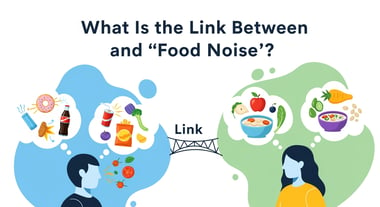
As someone who's helped countless individuals navigate these challenges, I want to assure you that understanding the connection can be the first step toward quieting that noise and reclaiming control
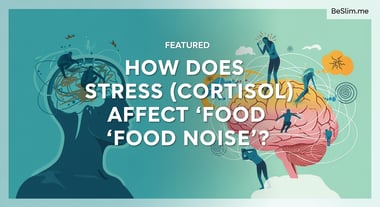
If you're here, you're likely grappling with those relentless thoughts about food—cravings that seem to shout louder when life gets tough. You're not alone in this struggle; it's a completely normal response to the pressures of daily life.
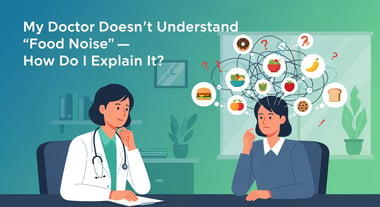
This is completely normal, and it's a sign that you're attuned to your own experiences in a way that deserves validation. In this Q&A guide, we'll explore what food noise really is, why it happens
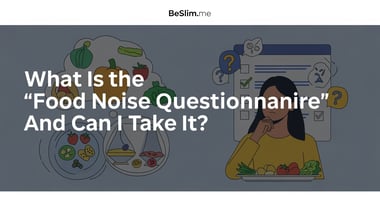
It's a common psychological hurdle in weight management, often amplified by stress, habits, or even hormonal shifts. The good news is that understanding it through tools like the Food Noise Questionnaire can be a powerful first step toward quieting the chatter and reclaiming control
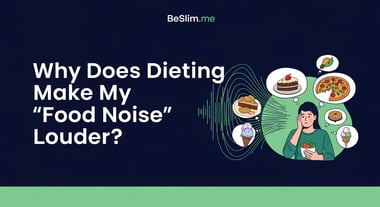
This is completely normal, and it's not a sign of weakness—it's your brain and body responding in predictable ways. In this Q&A explainer, we'll dive into why dieting can amplify this 'food noise,' unpack the science behind it, and equip you with practical strategies to quiet it down
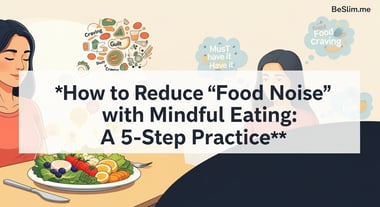
It's a completely normal struggle for so many on their wellness journey. Whether it's the urge to snack mindlessly after a stressful day or the inability to tune out thoughts of your favorite treats
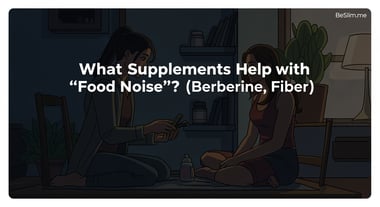
If you're here, you're likely grappling with that relentless mental chatter about food—those persistent thoughts, cravings, and urges that make it hard to focus on anything else. This "food noise" can feel overwhelming

If you're here, you're likely grappling with that relentless mental chatter about food—those persistent cravings and thoughts that make it hard to focus on anything else. You're not alone in this struggle
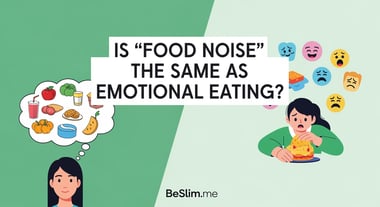
If you're here, you're likely grappling with persistent thoughts about food that disrupt your daily life, or perhaps you're turning to snacks during stressful moments. You're not alone in this—millions experience these challenges
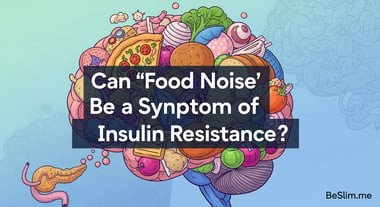
This "food noise" can feel overwhelming, like a mental soundtrack that's always playing in the background, disrupting your focus and peace. It's a common struggle, especially for those dealing with weight management or metabolic issues
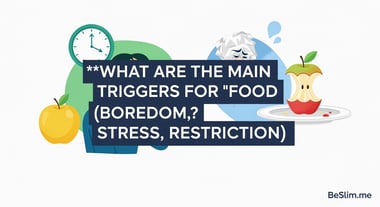
If you're here, it's likely because you've experienced that persistent mental chatter about food—those intrusive thoughts that make it hard to focus on anything else. You're not alone in this struggle; millions deal with "food noise" every day

If you're here, you're likely navigating the ups and downs of weight management with medications like Wegovy, and you're worried about that persistent "food noise"—those constant thoughts about food that can feel overwhelming.
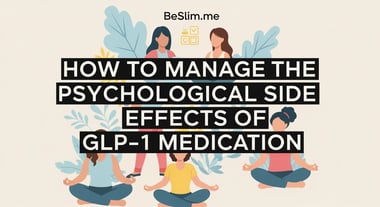
If you're navigating the world of GLP-1 medications like semaglutide or tirzepatide for weight management, you might be experiencing some unexpected psychological twists along the way
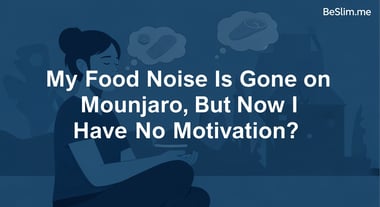
It's completely normal and incredibly common among people using medications like Mounjaro (tirzepatide), a GLP-1 receptor agonist designed to help with weight management.
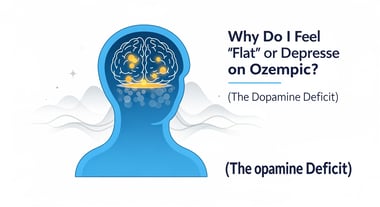
If you're reading this, you're likely navigating the ups and downs of weight loss with Ozempic, and perhaps feeling a bit "off" emotionally. Let's dive into this common concern through a Q&A format

These treatments are game-changers for weight management, but they often bring a "new mindset" challenge that users discuss online. If you're feeling a mix of excitement and confusion about how your thoughts, habits, and relationship with food are changing

Many people on their weight loss journey feel overwhelmed by these relentless cravings and mental chatter, making it hard to focus on anything else. This is completely normal, especially if you've struggled with emotional eating or habitual overeating for years. It's not a sign of weakness
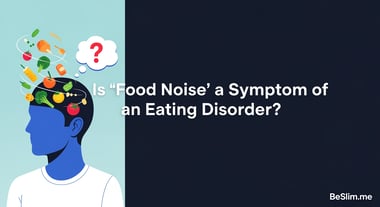
If you're here, you might be grappling with that relentless mental chatter about food—those constant thoughts that seem to drown out everything else. You're not alone in this struggle
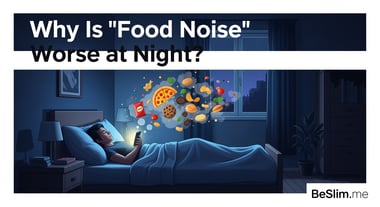
I often hear from clients who feel overwhelmed by those persistent thoughts about food— what we call "food noise"— especially as the evening sets in. You're not alone in this struggle
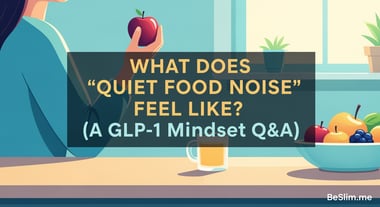
If you're navigating the world of GLP-1 medications like semaglutide or tirzepatide for weight management, you've likely heard the term "food noise"—those relentless, intrusive thoughts about food that can dominate your mind.

If you're here, you're likely grappling with that relentless mental chatter about food—those constant thoughts, cravings, and distractions that make healthy eating feel like an uphill battle. You're not alone in this struggle
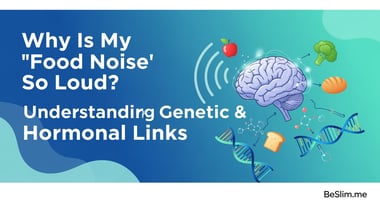
If you're constantly battling intrusive thoughts about food—those nagging cravings that seem to shout over everything else—you're not alone. This "food noise" can feel overwhelming
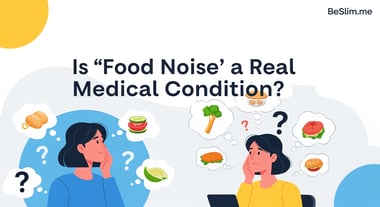
If you've ever found yourself constantly thinking about food—those nagging thoughts that pop up uninvited, making it hard to focus on anything else—you're not alone.
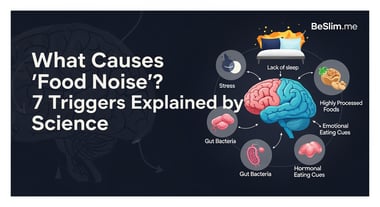
If you're constantly battling intrusive thoughts about food—those nagging cravings, mental replays of your last meal, or an overwhelming urge to snack even when you're not hungry
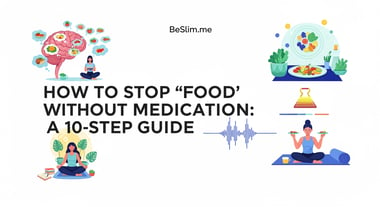
If you're constantly bombarded by thoughts of food—cravings that won't quit, mental chatter about what to eat next, or an overwhelming urge to snack even when you're not hungry—you're experiencing what's commonly called "food noise."
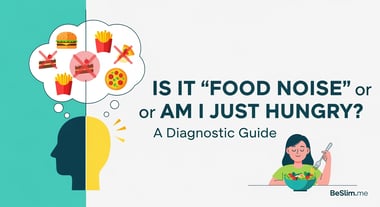
If you've ever found yourself staring into the fridge, wondering if that nagging urge to eat is real hunger or just your mind playing tricks, you're not alone. This confusion—often called "food noise"
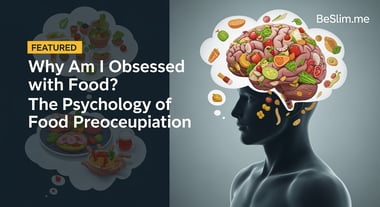
If you're reading this, you might be feeling overwhelmed by constant thoughts about food—what to eat next, how much you've already eaten, or that nagging urge that just won't quit.
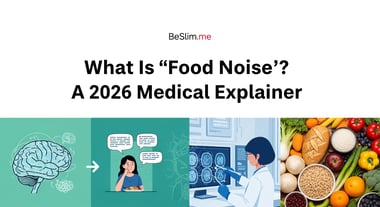
If you've ever felt like your mind is constantly buzzing with thoughts about food—cravings that won't quit, mental debates over what to eat next, or an overwhelming urge to snack even when you're not hungry